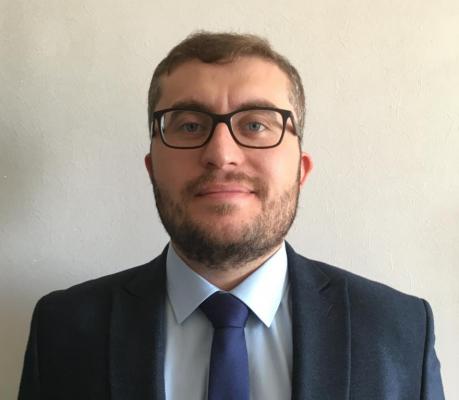Artículo completo
Las tragedias invisibles: cuando el sufrimiento humano no cotiza en los mercados
En los últimos años, el debate público internacional se ha volcado casi en exclusiva en dos conflictos, el de Rusia y Ucrania y el de Gaza e Israel. La cobertura mediática es constante, los parlamentos emiten resoluciones, la diplomacia multiplica gestiones, y los líderes políticos pronuncian discursos en defensa de las víctimas. Nadie duda de la gravedad de estos conflictos.
Pero mientras tanto, otras guerras: Siria, Sudán, Etiopía, Yemen o Myanmar, han dejado cifras de víctimas comparables o incluso mayores. Hablamos de centenares de miles de muertos, millones de desplazados y poblaciones enteras sometidas al hambre y la violencia. Sin embargo, estas tragedias apenas se mencionan en la agenda pública internacional.
La asimetría de la atención
El Derecho internacional humanitario establece que la vida de todo civil tiene igual valor, sea en Kiev, Gaza, Jartum o Mekele. Sin embargo, en la práctica, la atención mediática y diplomática es profundamente selectiva.
Ucrania: conflicto que afecta directamente a la seguridad energética y alimentaria europea, con implicaciones para la OTAN y la UE.
Gaza/Israel: epicentro histórico del equilibrio en Oriente Medio, con efectos directos sobre la política de EE. UU. y Europa, además de su dimensión religiosa y simbólica.
Frente a ello:
· Sudán: la guerra civil ha provocado decenas de miles de muertos y millones de desplazados, pero apenas recibe cobertura salvo en informes humanitarios.
· Etiopía (Tigray): entre 2020 y 2022, la guerra dejó hasta 600.000 muertos, una de las cifras más devastadoras del siglo XXI, y sin embargo casi no tuvo eco en medios internacionales.
· Yemen: una guerra prolongada con decenas de miles de víctimas directas y centenares de miles indirectas, reducida en los titulares a un “conflicto enquistado”.
· Myanmar: tras el golpe de 2021 y la represión de minorías, se acumulan decenas de miles de víctimas, sin apenas presión internacional.
El silencio de quienes deberían hablar
Lo más llamativo es que incluso figuras morales de alcance global, como el Papa Francisco, han mostrado una atención desigual:
En 2017, durante su visita a Myanmar, evitó pronunciar la palabra “Rohingya”, pese a que esta minoría sufría una persecución sistemática, lo que le valió críticas por su silencio diplomático.
Durante lo peor de la guerra de Tigray en Etiopía (2020–2022), que dejó cientos de miles de muertos, no hubo referencias concretas a ese conflicto en sus mensajes públicos, limitándose a menciones genéricas a África o al “Cuerno de África” Lo que es muy grave teniendo en cuenta además la matanza de cristianos que tuvo lugar.
En contraste, el Papa sí ha hecho múltiples intervenciones directas sobre Gaza e Israel, y sobre Ucrania, llegando incluso a plantear la apertura de una investigación internacional sobre un posible genocidio en Gaza.
Si la máxima autoridad moral de la Iglesia Católica adopta un discurso selectivo, condicionado por consideraciones diplomáticas, ¿cómo esperar mayor coherencia de gobiernos, jefes de Estado o medios de comunicación, donde los intereses económicos y geopolíticos pesan mucho más?
Es triste, pero todo es una cuestión de intereses. La explicación parece clara: el sufrimiento humano, por sí mismo, no genera atención internacional salvo que vaya acompañado de intereses estratégicos o económicos.
Ucrania es un muro de contención frente a Rusia y un eje energético. Gaza e Israel afectan directamente a la estabilidad de Oriente Medio y a la política occidental.
Pero Sudán, Yemen, Etiopía o Myanmar no son piezas clave en los mercados ni en las alianzas militares de las potencias occidentales.
El contraste entre las guerras visibles y las guerras olvidadas revela una verdad incómoda: la universalidad de los derechos humanos queda subordinada a la jerarquía de intereses políticos y económicos.
Las víctimas de Siria, Sudán, Etiopía, Yemen o Myanmar son iguales en dignidad a las de Ucrania o Gaza, pero no reciben la misma protección, ni la misma visibilidad, ni la misma solidaridad. Mientras el mundo seleccione sus tragedias en función de lo que “cotiza en los mercados”, millones seguirán condenados al silencio y al olvido.
Comentarios
Enlaces relacionados
Menú principal












